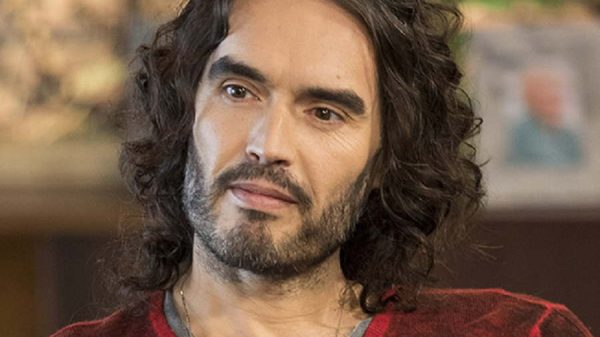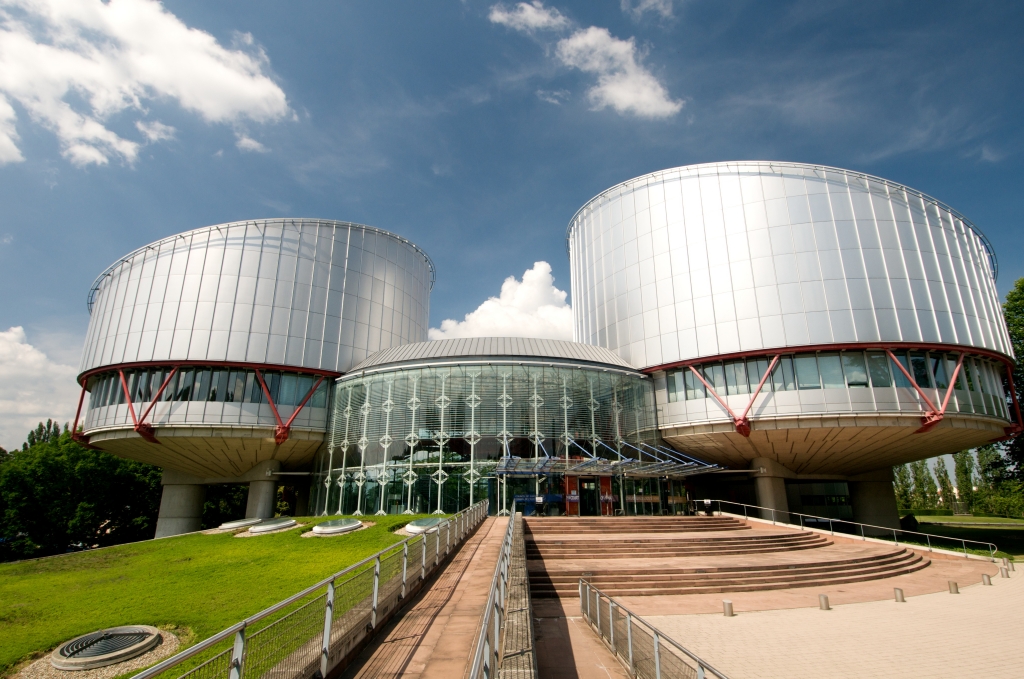In today’s Chamber judgment1 in the case of Ossewaarde v. Russia (application no. 27227/17) the European Court of Human Rights held, unanimously, that there had been:
a violation of Article 9 (freedom of religion) of the European Convention on Human Rights, and
a violation of Article 14 (prohibition of discrimination) of the European Convention taken in conjunction with Article 9.
The case concerns a US national living in Russia, a Baptist Christian, who was fined for holding Bible study meetings in his home without notifying the authorities.
The sanction was imposed on the applicant following new legal requirements for missionary work introduced in Russia in 2016 as part of an anti-terrorism package. The new legislation made it an offence to evangelise in private homes and required prior authorisation for missionary work from a religious group or organisation.
The Court found in particular that the Government had not explained the rationale behind such new formalities for missionary work which had left no room for people engaged in individual evangelism, such as the applicant. There was no evidence that the applicant had used any improper methods of proselytism, involving coercion or incitement to hatred or intolerance.
A legal summary of this case will be available in the Court’s database HUDOC (link).
Principal facts
The applicant, Donald Jay Ossewaarde, is a national of the United States of America who was born in 1960. He lived in Oryol (Russia) and had a permanent residence permit.
The applicant and his wife are Baptist Christians. Since moving to Oryol in 2005 they regularly held prayer and Bible study meetings in their home. Mr Ossewaarde personally invited people to the meetings and posted information about them on notice boards.
Against the background of newly adopted legislation concerning missionary work, three police officers turned up at the couple’s home on 14 August 2016 during a Sunday meeting. After the Bible study, the officers took statements from those present and then escorted Mr Ossewaarde to the local police station.
At the police station he had his fingerprints taken and was shown a letter of complaint about evangelical tracts being posted on the notice board in the entrance of an apartment building. The police drew up an administrative offence report for conducting illegal missionary work as a non- Russian national.
He was then taken directly to court for a short hearing before being convicted of carrying out missionary work without notifying the authorities of the establishment of a religious group. He was fined 40,000 roubles (approximately 650 euros at the time).
His conviction was upheld on appeal in a summary fashion. His additional requests for review of the conviction were all ultimately rejected.
Complaints, procedure and composition of the Court
Relying in particular on Article 9 (freedom of religion), Mr Ossewaarde complained about being fined for preaching Baptism under the new legislation, arguing that he had not been a member of any religious association but had been exercising his right to spread his personal religious convictions. He also complained under Article 14 (prohibition of discrimination) in conjunction with Article 9 about discrimination on account of nationality because, as a US national, he was given a higher fine than a Russian national.
The application was lodged with the European Court of Human Rights on 30 March 2017.
The European Association of Jehovah’s Christian Witnesses was granted leave to intervene as a third party.
The Court’s procedure for processing of applications against Russia can be found here.
Judgment was given by a Chamber of seven judges, composed as follows:
Pere Pastor Vilanova (Andorra), President, Georgios A. Serghides (Cyprus),
Yonko Grozev (Bulgaria),
Jolien Schukking (the Netherlands), Darian Pavli (Albania),
Ioannis Ktistakis (Greece), Andreas Zünd B(Switzerland),
and also Olga Chernishova, Deputy Section Registrar.
Decision of the Court
The Court established that it had jurisdiction to deal with the case, as the facts giving rise to the alleged violations of the Convention had taken place before 16 September 2022, the date on which Russia ceased to be a Party to the European Convention.
Article 9 (freedom of religion)
The Court reiterated that the act of imparting information about a particular set of beliefs to others who do not hold those beliefs – known as missionary work or evangelism in Christianity – was protected under Article 9. In particular, when there had been no evidence of coercion or improper pressure, the Court had previously affirmed the right to engage in individual evangelism and door- to-door preaching.
It noted that there was no evidence that Mr Ossewaarde had made anyone participate in his religious meetings against their will or that he had sought to incite hatred, discrimination or intolerance. He had thus been sanctioned not for any improper methods of proselytism but solely for failing to comply with the new legal requirements applicable to missionary work which had been introduced in 2016.
The Court found that the new requirements – making it an offence to evangelise in private homes and requiring prior authorisation for missionary work from a religious group or organisation – had left no room for people engaged in individual evangelism, such as the applicant.
The Government had not explained the rationale behind such new formalities for missonary work. The Court was not therefore convinced that the interference with the applicant’s right to freedom of religion on account of his missionary activities had pursued any “pressing social need”.
Moreover, sanctioning the applicant for his alleged failure to inform the authorities of the establishment of a religious group had not been “necessary in a democratic society”. The freedom to manifest one’s beliefs and to talk to others about them, could not be made conditional on any acts of State approval or administrative registration; to do so would amount to accepting that a State could dictate what a person had to believe.
There had accordingly been a violation of Article 9 of the Convention.
Article 14 (prohibition of discrimination) in conjunction with Article 9
The Court noted that, under the Code of Administrative Offences, the minimum fine for a non- national found guilty of an offence of illegal missionary work was six times higher than for a Russian national. Non-nationals were also liable to expulsion. There was therefore a difference in treatment of persons in an analogous situation on the grounds of their nationality.
The Court found no justification for such difference in treatment, which was also hard to reconcile with Russia’s Religions Act providing that non-nationals lawfully present in Russia could exercise the right to freedom of religion in the same way as Russian nationals could.
There had accordingly been a violation of Article 14 of the Convention, taken in conjunction with Article 9.
Just satisfaction (Article 41)
The Court held that Russia was to pay the applicant 592 euros (EUR) in respect of pecuniary damage, EUR 10,000 in respect of non-pecuniary damage and EUR 4,000 in respect of costs and expenses.
The judgment is available only in English.




















